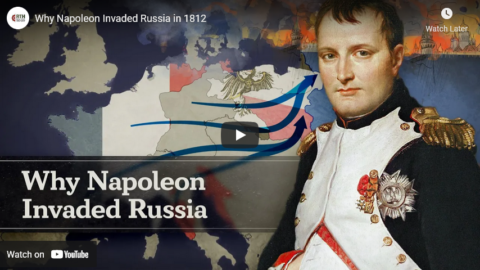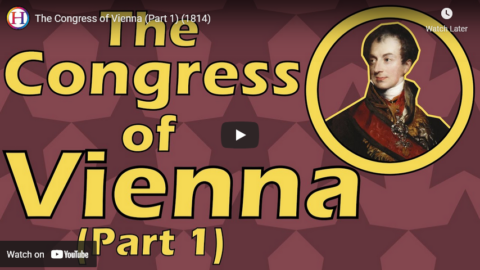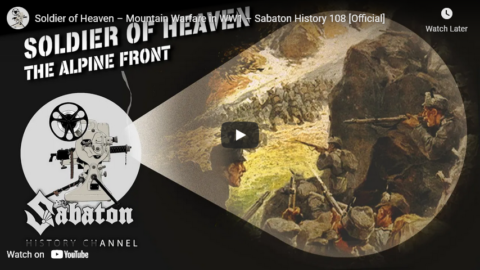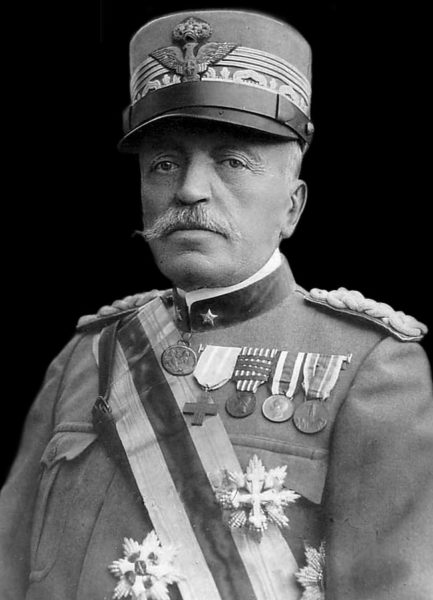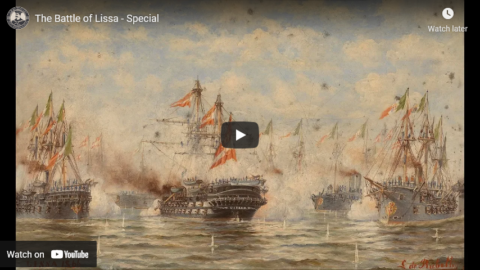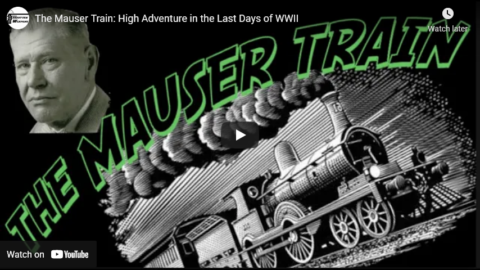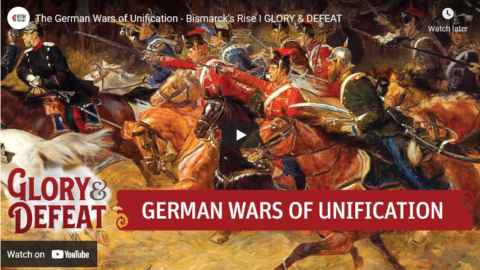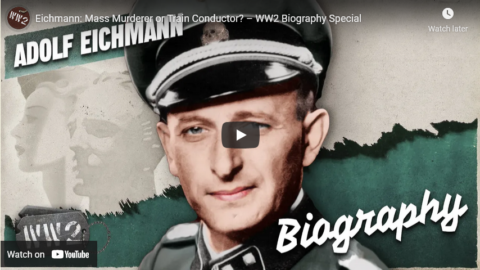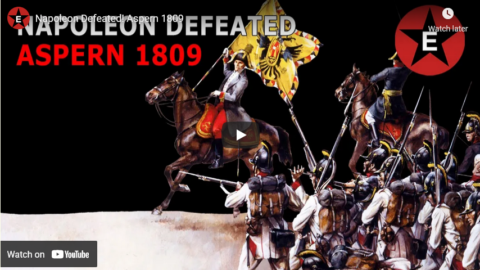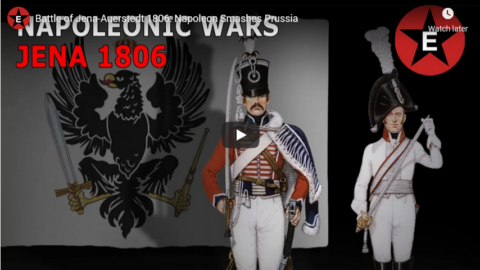Real Time History
Published 3 Mar 2022» SUPPORT US ON PATREON: https://patreon.com/realtimehistory
When Napoleon’s Grande Armée crossed the Nemen river into the Russian Empire in 1812, the die had been cast. In the years between the peace of Tilsit and the war against Russia, Tsar Alexander I and Emperor Napoleon had praised each other and Russia had even joined the continental blockade of Napoleon’s arch enemy Great Britain. Still, in 1811 both sides saw war as inevitable.
» THANK YOU TO OUR CO-PRODUCERS
John Ozment, James Darcangelo, Jacob Carter Landt, Thomas Brendan, Kurt Gillies, Scott Deederly, John Belland, Adam Smith, Taylor Allen, Rustem Sharipov, Christoph Wolf, Simen Røste, Marcus Bondura, Ramon Rijkhoek, Theodore Patrick Shannon, Philip Schoffman, Avi Woolf,» SOURCES
Boudon, Jacques-Olivier. Napoléon et la campagne de Russie en 1812. 2021.
Lieven, Dominic. Russia Against Napoleon. 2010.
Rey, Marie-Pierre. L’effroyable tragédie : une nouvelle histoire de la campagne de Russie. 2012.
Zamoyski, Adam. 1812: Napoleon’s Fatal March on Moscow. 2005.» OUR STORE
Website: https://realtimehistory.net»CREDITS
Presented by: Jesse Alexander
Written by: Jesse Alexander
Director: Toni Steller & Florian Wittig
Director of Photography: Toni Steller
Sound: Above Zero
Editing: Toni Steller
Motion Design: Toni Steller
Mixing, Mastering & Sound Design: http://above-zero.com
Digital Maps: Canadian Research and Mapping Association (CRMA)
Research by: Jesse Alexander
Fact checking: Florian WittigChannel Design: Simon Buckmaster
Contains licensed material by getty images
All rights reserved – Real Time History GmbH 2022
From the comments:
Real Time History
10 hours ago» SUPPORT US ON PATREON: https://patreon.com/realtimehistory
Dear RTH supporters and new time viewers,
as I am writing this the Russian invasion of Ukraine is a week old. Our thoughts are with our friends and family in Ukraine as we watch this historic tragedy unfold before our eyes. At the same time we have been working hard to launch our series about Napoleon’s Invasion of Russia in 1812. Most of you will know us for our approach to military history, we don’t just follow the “great men of history” and take the armchair general position that is just moving abstract markers on a map. To the best of our abilities, we are showing the ugly truth of war and the cost for the people on the ground. This will be no different for our Napoleon series.
At the end of this series, you will see that the Russian Empire emerges victorious and indeed 1812 is called “The Patriotic War” in Russia. We began work on the series long before the current phase of the war began, and, as those of you who are familiar with our work already know, this series is in no way a statement of support for the actions of the current Russian government. In our series, we will show how the 1812 campaign was another step towards the totalization of warfare as a whole. We will also show how the question of independence for non-Russians in the Russian Empire was already a thorn in Russia’s side over 200 years ago.
War is never glorious and after studying the 1812 campaign, we can say with certainty that this war was one of the ugliest wars in history. The cost for the common people between Moscow and the Berezina was immense and so was the cost for the French and non-French soldiers in the Grande Armée – and of course for the Russian soldiers too.
Lastly, current events always shape our understanding of history. A crude, perverted version of history has even been used by Vladimir Putin to justify this war of aggression against Ukraine. Undoubtably, this current war will also cause us to see 1812 in a different light. Napoleon’s Invasion of Russia is rightfully considered as one of the most important events in European history and it needs to be remembered for generations to come. With our series, we hope we can contribute to this understanding.
Thank you for your support and keeping a critical view of history alive with us. No to war!
Florian Wittig and the entire Real Time History team

